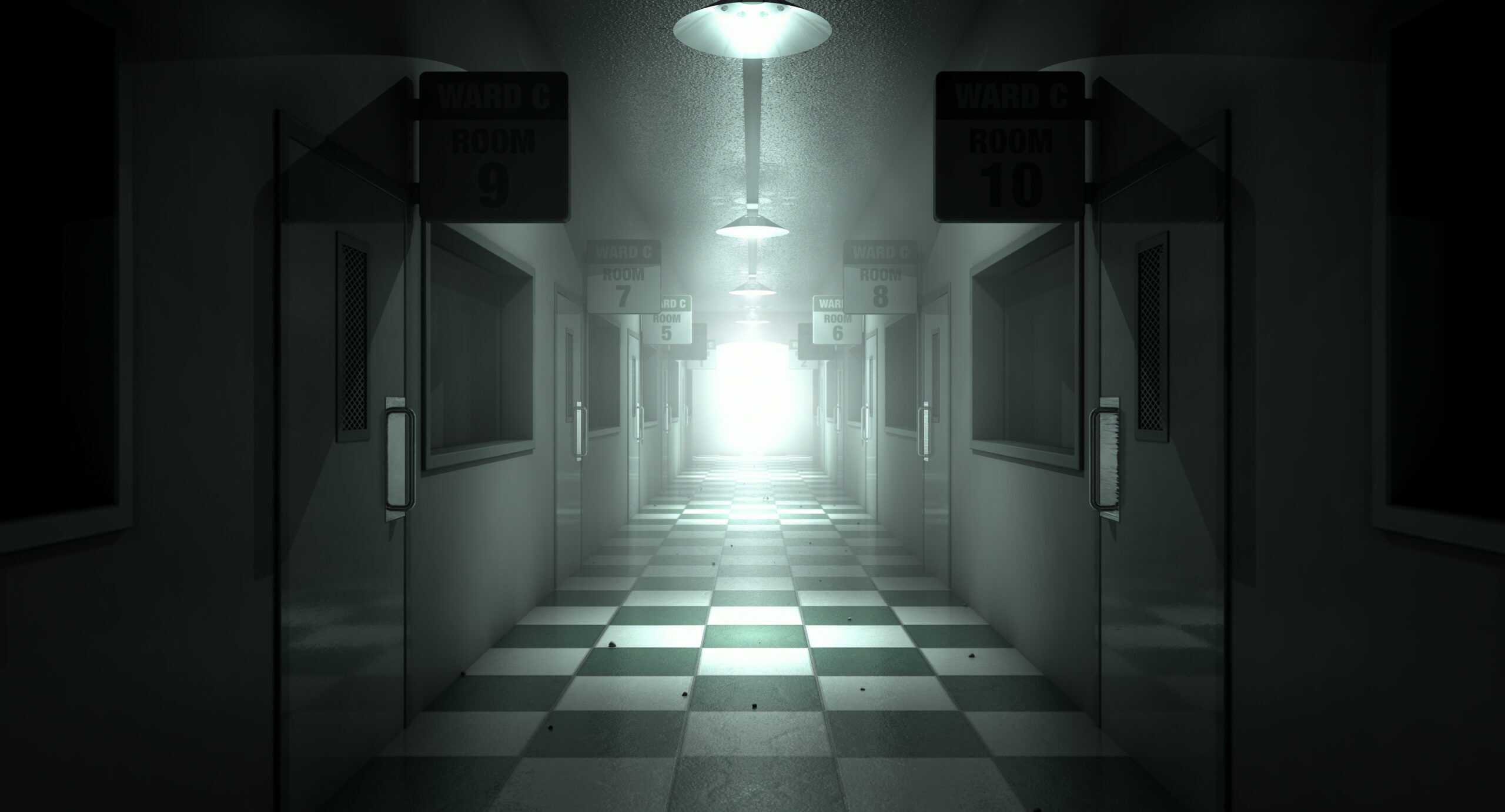On November 29, New York City Mayor Eric Adams announced a new initiative that would permit the involuntary hospitalization of people experiencing severe mental illness. In the past, involuntary hospitalizations would typically occur in cases of imminent violence, but the new directive drastically broadens the criteria.
“My administration is determined to do more to assist people with mental illness, especially those with untreated psychotic disorders, posing a risk of harm to themselves, even if they are not an imminent threat to the public,” Adams said in a press conference. “It is not acceptable for us to see someone who clearly needs help and walk past.”
“The common misunderstanding persists that we cannot provide involuntary assistance unless the person is violent,” Adams added. “This myth must be put to rest. Going forward, we will make every effort to assist those who are suffering from mental illness and whose illness is endangering them by preventing them from meeting their basic human needs.”
While Adams noted that voluntary hospitalization would remain the priority, a refusal for psychiatric care would not be honored in certain cases. “We will continue to do all we can to persuade those in need of help to accept services voluntarily,” he said. “But we will not abandon them if those efforts cannot overcome the person’s unawareness of their own illness.”
Subscribe to get a twice-weekly dose of queer news, updates, and insights from the INTO team.
in Your Inbox
The obvious question is: if imminent harm is no longer a requirement, what does qualify a mental illness as severe enough to warrant forced intervention? The newly issued directive suggests “serious untreated physical injury, unawareness or delusional misapprehension of surroundings, or unawareness or delusional misapprehension of physical condition or health.” At the same time, it notes, “Case law does not provide extensive guidance regarding removals for mental health evaluations based on short interactions in the field.”
Adams has also vowed to counteract the strain the initiative would put on hospitals. According to The New York Times, patients with mental illnesses admitted involuntarily are often discharged after only a few days when their symptoms appear to improve. Hospitals have cited a shortage of beds, but Adams has said that he would work with Governor Kathy Hochul on improving capacity.
The initiative is clearly directed towards the city’s homeless population, giving law enforcement greater leeway in policing the mental health crisis. Adams, a former police officer of over 20 years, said that the city would immediately begin training law enforcement, first responders, and other city employees to “ensure compassionate care.”
The directive also comes less than a month after the New York City Public Advocate Jumaane Williams issued a damning report on the city’s mental health crisis. But in a separate press release, Williams argued, “The answer is not additional policing nor involving law enforcement in the City’s mental health response.”












